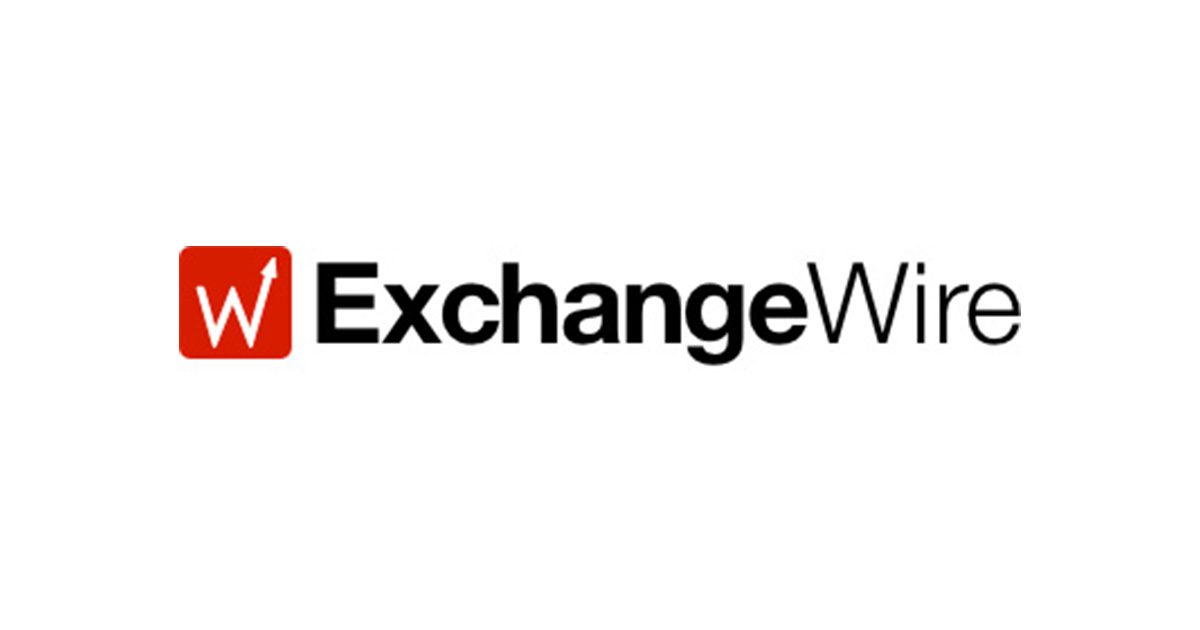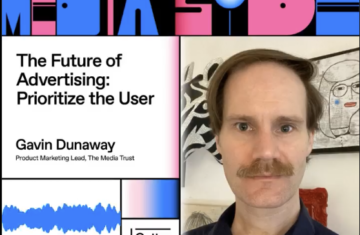
This article originally appeared in ExchangeWire on September 27, 2019.
On this week’s episode:
– In response to recent investigations in the US by the DoJ and Congress Judiciary Committee, into Google’s anticompetitive practices, Google released a blog post: outlining their view of a healthy and competitive advertising ecosystem, defending their position in the tech landscape as one of many offerings on both the demand and sell-side of the business. The larger adtech community has gleefully sneered at this commentary via social channels but what’s actually going on here – is Google preparing themselves for wider arguments and justification not only concerning their position of dominance within the ecosystem, but also the business decisions which lead them to some crucial acquisitions they have made over the years which has given them this upper hand? Or do they genuinely believe their position to be justified, and not anticompetitive?
– The Washington Post has launched Zeus Prime, their owned and operated ad network in an effort to compete with existing big tech platforms and offer direct access to marketers wanting to buy ads from specific publishers, in real time. This reflects greater publisher investment in advertising capabilities (following diminishing returns from traditional media caused by the dominance of GAFA), for the Washington Post, where minimum CPMs will be “$10, as opposed to roughly $2”. More revenue will be returned to publishers offering their inventory via Zeus Prime, since they can cut out third parties and sell directly to marketers. What will this look like for publishers and advertising alike? How successful will it be since advertisers have long since complained about not having places to buy inventory outside of Google and FB, which offers scale and efficiency?
– Streaming platform Mixer is rolling out ads on its platform, however unlike rival Twitch it is not currently disclosing where the revenue goes. With the popularity of streaming increasing at an exponential rate it’s encouraging that advertisers are getting more opportunities in the medium, however this needs to be balanced with appropriate creator remuneration. Where will this ad funded revenue go and will game creators benefit in the long run, here? Will this see the start of advertisers spending more money to capture gaming audiences, who are growing and getting more diverse?



